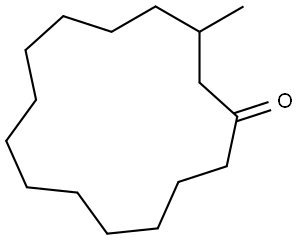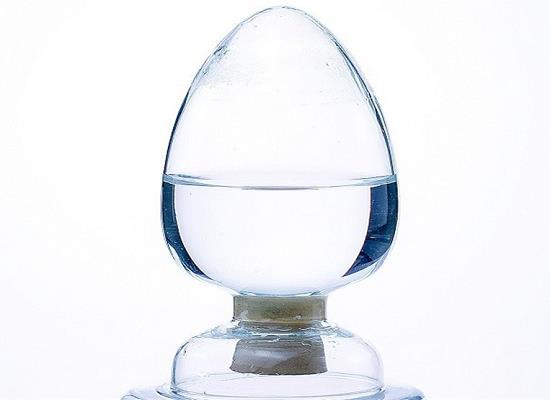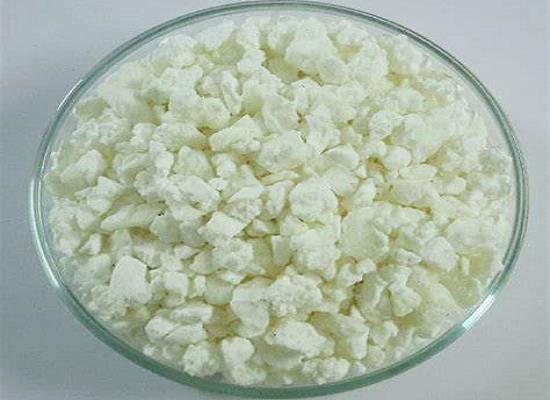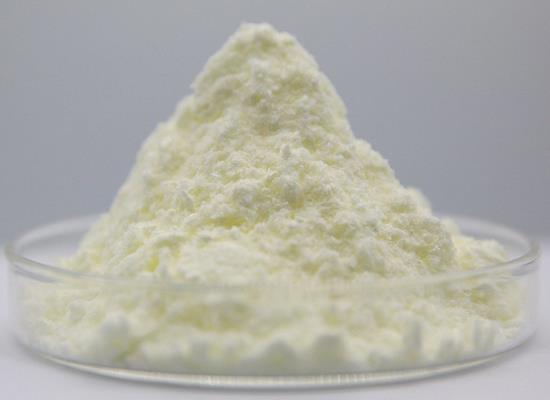Muscone: mechanism of action and clinical applications
General Description
Muscone, the main active ingredient of musk, has shown potential therapeutic effects in various disorders. It acts as an antidote and enhances the clearance of pentobarbital, reducing sleep time. Muscone exhibits low cytotoxicity and has been used in the treatment of neurological disorders, sprains, fractures, chronic inflammation, and ischemia-reperfusion injury. In the context of ischemic heart disease (IHD), muscone has anti-fibrotic, anti-inflammatory, antioxidant, and anti-apoptotic effects on the ischemic myocardium. It can mitigate the effects of myocardial infarction and reduce oxidative stress, inflammation, and fibrosis. Muscone holds promise as a therapeutic agent for IHD. In nervous system diseases, muscone has dose-dependent effects on the central nervous system, enhancing spinal cord stimulation at lower doses, while suppressing the central nervous system at higher doses.
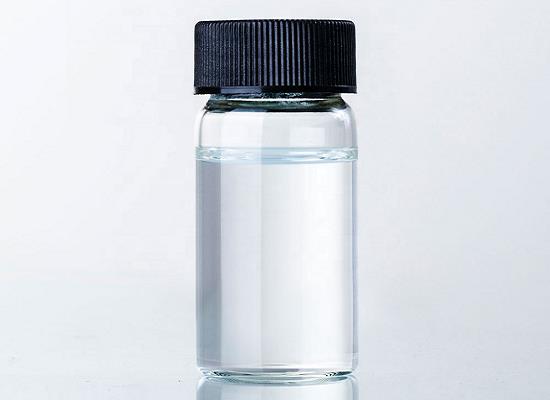
Figure 1. Muscone
Mechanism of action
Muscone, the main active ingredient of musk, has been recognized for its therapeutic effects in various disorders and diseases. Studies have shown that muscone acts as an antidote and enhances the clearance of pentobarbital, thereby shortening the sleeping time induced by pentobarbital. It increases the content of cytochrome P-450 and the activities of aminopyrine N-demethylase, aniline hydroxylase, and aminolevulinic acid synthetase. Muscone has also been found to exhibit low cytotoxicity, as no growth alterations or signs of toxicity were observed in rats at a dose of 120 mg/kg. Muscone has been used to treat neurological disorders, sprains, fractures, chronic inflammation, and ischemia-reperfusion injury. However, the exact mechanisms of its pharmacological action remained unclear until recent years. Recent studies have shed light on the pharmacological effects of muscone in cerebrovascular and cardiovascular diseases, neurological effects, and cancer. The underlying mechanisms of action are being investigated. Overall, muscone shows promise as a therapeutic agent, and further research is needed to fully understand its mechanisms of action and explore its potential applications in various medical conditions. 1
Clinical applications
Ischemic heart disease
Muscone has shown promising clinical applications in the treatment of ischemic heart disease. IHD refers to inadequate blood supply to the myocardium, often leading to myocardial infarction (MI) and subsequent complications. Muscone has been found to have anti-fibrotic, anti-inflammatory, antioxidant, and anti-apoptotic effects on the ischemic myocardium. Multiple studies have demonstrated that muscone can mitigate the effects of MI, including hypoxia, myocardial cell injury, ischemia-reperfusion (I/R) injury, and apoptosis. It is also involved in reducing mitochondrial functional impairment, oxidative stress, inflammation, and fibrosis, which are major contributors to the progression of MI. Heart-protecting musk pill (HMP), containing muscone as its main ingredient, is an ancient traditional Chinese medicine (TCM) prescription that has been clinically used in China for over a hundred years to treat IHD. It has received approval from the Chinese National Drug Administration and has been reported to effectively alleviate symptoms and improve cardiac function in patients with IHD. These findings suggest that muscone and its formulation, such as HMP, hold significant potential as therapeutic options for the management of IHD. Further research and clinical trials are needed to fully elucidate the mechanisms of action and optimize its clinical applications. 2
Nervous system diseases
Muscone has shown clinical applications in the treatment of nervous system diseases. It plays a significant role in regulating the central nervous system and addressing peripheral nerve-related disorders. In terms of the central nervous system, the effects of muscone vary depending on the dosage. At lower doses (30-80 mg/kg), muscone has been found to enhance spinal cord stimulation and reduce sleep time induced by sodium pentobarbital in mice. Additionally, it has been demonstrated to increase the effective dose of ketamine-induced hypnosis while decreasing pain threshold. This is attributed to muscone's ability to modulate the activity of specific receptors and mRNA levels. However, higher doses (100-500 mg/kg) have shown to prolong sleep time induced by sodium pentobarbital, suggesting a suppressive effect on the central nervous system. These findings highlight the dose-dependent effects of muscone on the central nervous system and its potential therapeutic applications. Further research is needed to elucidate the precise mechanisms of action and optimize the dosage for different neurological conditions. 3
Reference
1. Li D, Chen B, Zhang L, Gaur U, Ma T, Jie H, Zhao G, Wu N, Xu Z, Xu H, Yao Y, Lian T, Fan X, Yang D, Yang M, Zhu Q, Satkoski Trask J. The musk chemical composition and microbiota of Chinese forest musk deer males. Sci Rep, 2016, 6:18975.
2. Fan X, Shi M, Wang Y, Liang Q, Luo G. Transcriptional profiling analysis of HMP-treated rats with experimentally induced myocardial infarction. J Ethnopharmacol, 2011, 137(1):199-204.
3. Wang J, Xing H, Qin X, Ren Q, Yang J, Li L. Pharmacological effects and mechanisms of muscone. J Ethnopharmacol, 2020, 262:113120.
);You may like
Related articles And Qustion
Lastest Price from Muscone manufacturers

US $120.00/kg2024-05-06
- CAS:
- 541-91-3
- Min. Order:
- 1kg
- Purity:
- 99%
- Supply Ability:
- 20ton
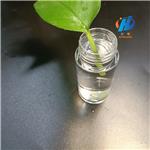
US $50.00/kg2024-04-23
- CAS:
- 541-91-3
- Min. Order:
- 1kg
- Purity:
- 99.10%
- Supply Ability:
- 50000kg
